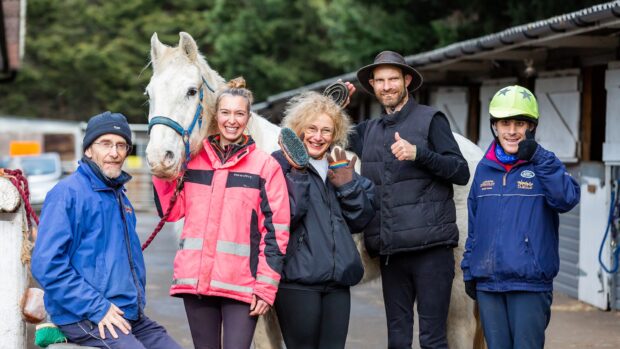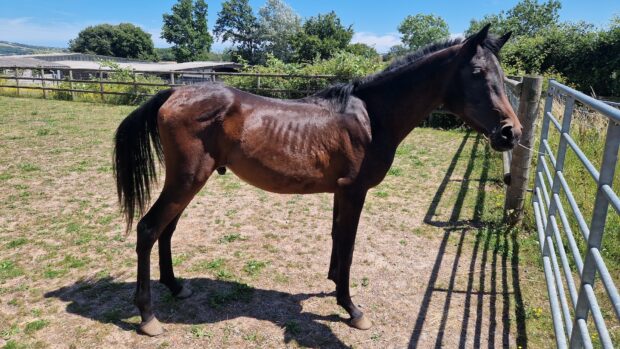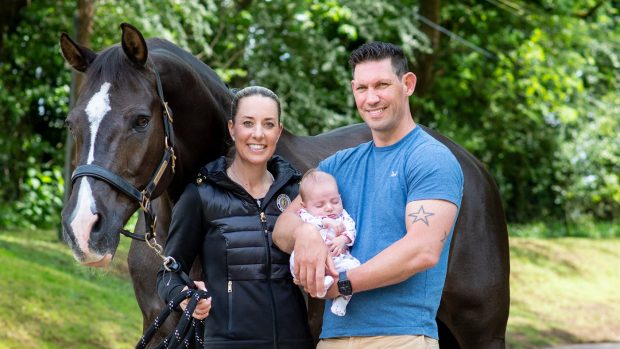A legal bid to ban hunt protesters from thousands of acres of private estate and farm land in West Sussex began yesterday at London’s High Court.
Lawyers for the Crawley and Horsham Hunt want Mr Justice King to grant them an injunction against protesters, including the West Sussex Wildlife Protection Group and two of the people it says are the WSWPG’s principal activists, Simon and Jaine Wilde, of Bognor Regis.
The hunt, backed by landowners and supported by the Countryside Alliance and the Masters of Foxhounds Association, has brought its case under the Protection From Harassment Act.
Trespass and harassment
Lawyer Tim Lawson-Cruttenden, for the hunt, says its members and supporters have been subjected to trespass and harassment over many months and should now be given the protection of the courts.
He is expected to show Mr Justice King DVD footage of the hunt protesters in action, which he says will help prove his case.
Mr Lawson-Cruttenden said there had been numerous “acts of nuisance”, including incidents when hunt protesters had come on to land used by the hunt wearing balaclavas.
The solicitor advocate is also seeking a ban on protesters gathering around kennels used by the hunt.
“The kennel master and his wife feel very intimidated by the presence of protest activity in the immediate vicinity of their home,” he told the judge.
Constant surveillance
The court heard yesterday that the hunt does not object to photographs being taken by the protesters — as long as they are not on its land — but, said Mr Lawson-Cruttenden, “what they are trying to stop is constant filming, constant surveillance which they say is happening”.
As well as banning protesters from land used by the hunt, Mr Lawson-Cruttenden is also seeking to prevent the use of horns and devices which interfere with scent — both can disrupt the activities of hounds — and anything which means the hunt can’t run smoothly.
The hunt insists it has been operating within the law since the ban on hunting with hounds came into force and stresses that it is not seeking to ban objectors from public land, footpaths and highways.
West Sussex Wildlife Protection Group
The wildlife group, however, says it has substantial evidence that the hunt has broken the law, despite the hunt’s claim that it now sticks to legal forms of the sport such as following a false scent.
Lawyers for the group, and Mr and Mrs Wilde, have already told Mr Justice King that any ban being sought by the hunt is too wide-ranging.
WSWPG describes itself a “hunt monitor”, and says evidence gathered by similar organisations in the past has been instrumental in prosecuting hunts which have failed to abide by the Hunting Act.
The case, due to last five days, continues today.



